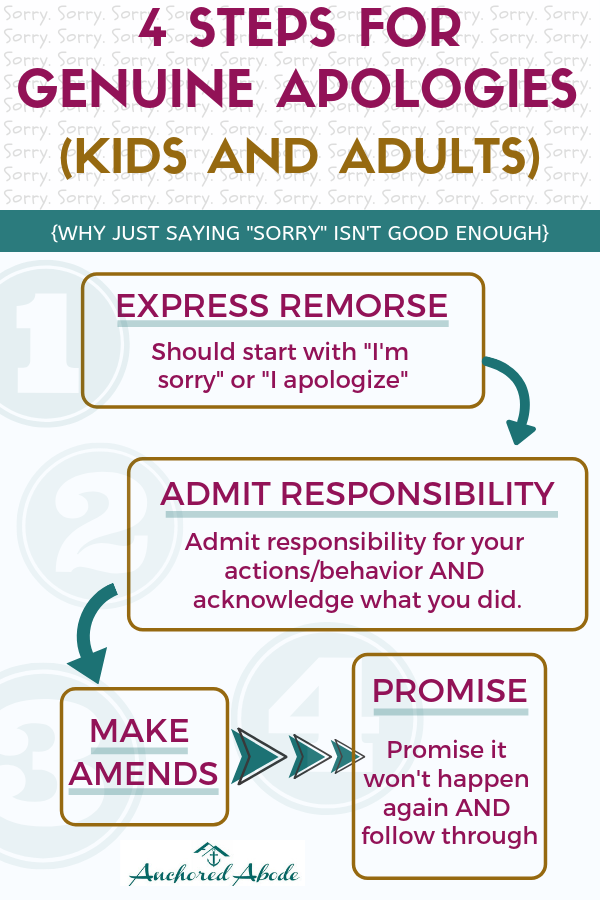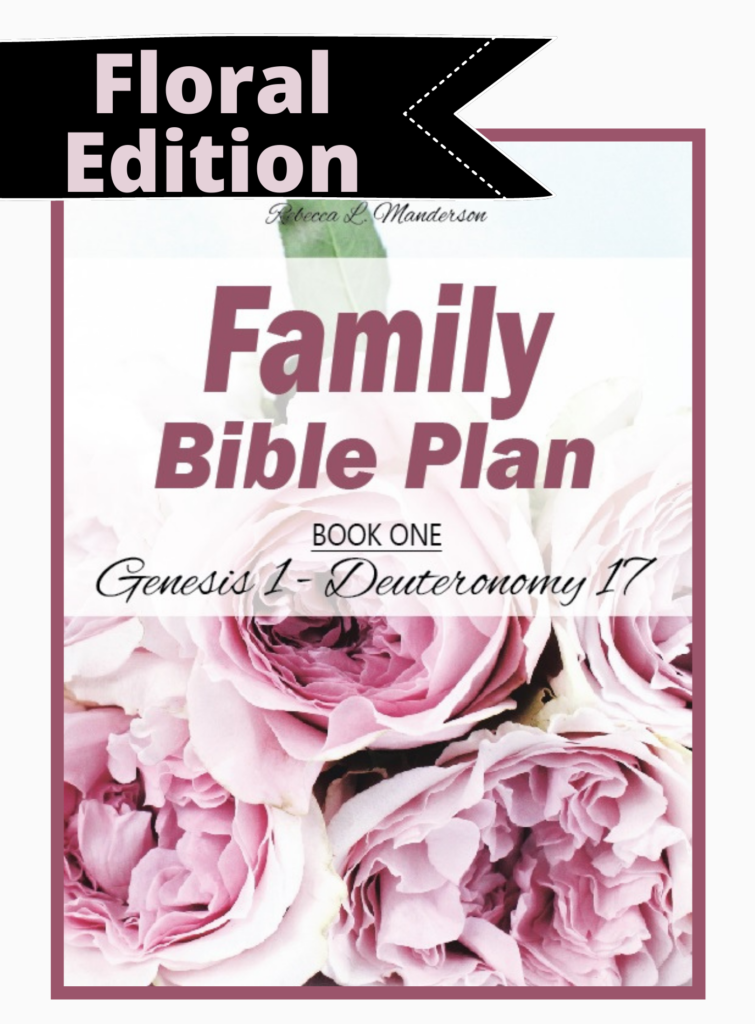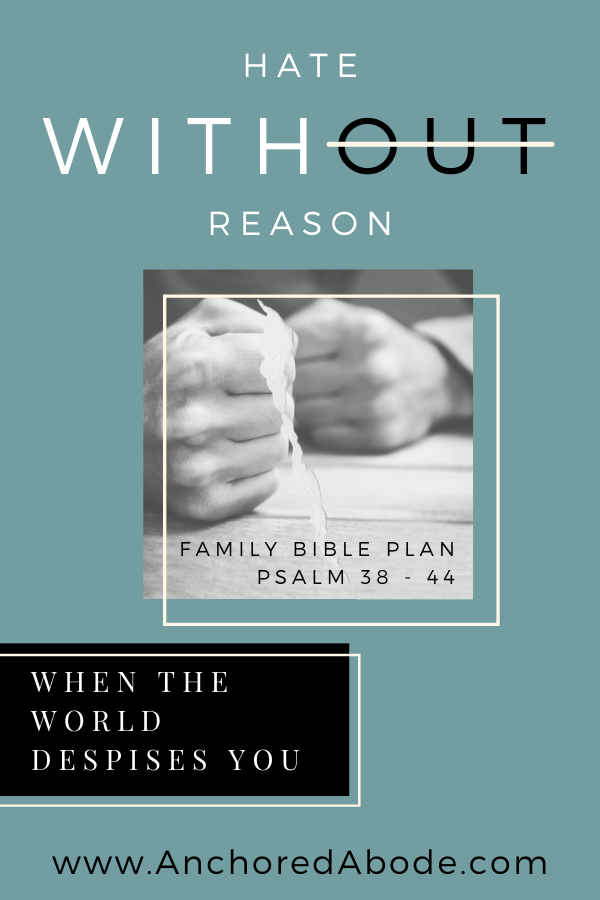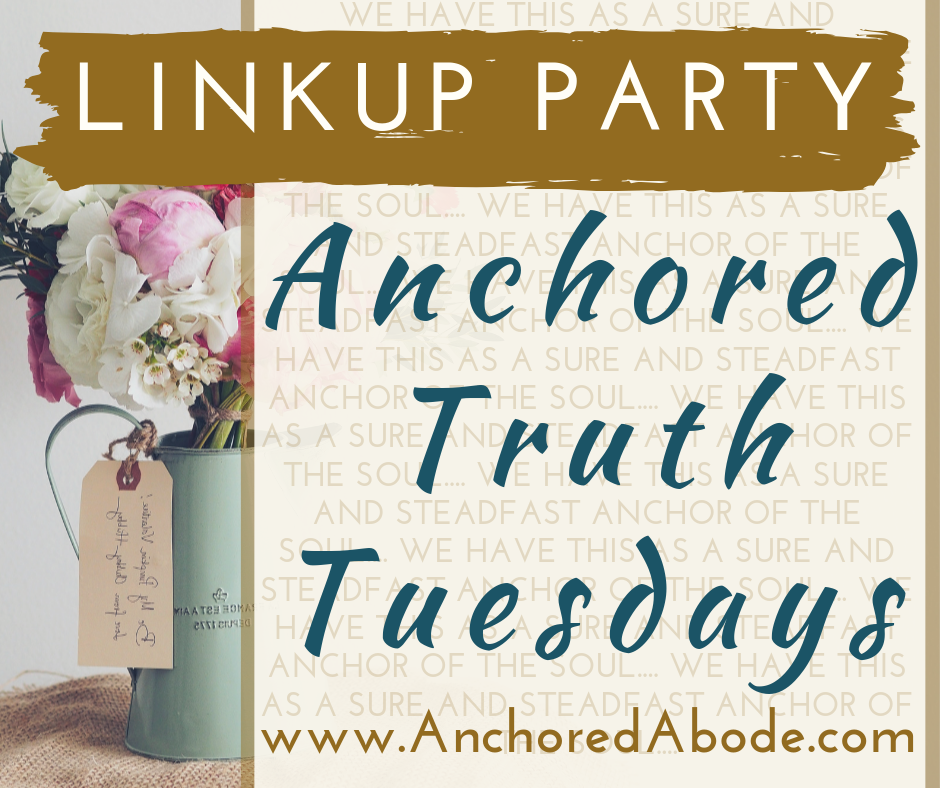What makes a good apology? | Saying sorry to God first (Psalm 45-52)
The “sorry” he eeked out was shockingly quiet, so much so that I wondered if he even said it. It was not as though it was hidden behind shame, rather, the look on his face confirmed he just did not want to. Is saying sorry enough? What makes a good apology? David teaches Christians that saying sorry to God is our first step. But saying it is not enough.
An apology is often taught in childhood years, after a child smacks their sister, or the little girl lies to her Mom about taking a lollipop, or even from talking sassy. If a child is taught about proper apologies in the formative years, it will aid them in gaining traction later in life to having truly meaningful relationships.
It’s never too late to start….
Download your first two weeks free by signing up below (or buy Book One of the Family Bible Plan)!
[email-download-link namefield=”YES” id=”5″]
Background to Psalm 51…
Nathan said to David, “You are the man! Thus says the Lord, the God of Israel, ‘I anointed you king over Israel, and I delivered you out of the hand of Saul. And I gave you your master’s house and your master’s wives into your arms and gave you the house of Israel and of Judah. And if this were too little, I would add to you as much more. Why have you despised the word of the Lord, to do what is evil in his sight?
You have struck down Uriah the Hittite with the sword and have taken his wife to be your wife and have killed him with the sword of the Ammonites. Now therefore the sword shall never depart from your house, because you have despised me and have taken the wife of Uriah the Hittite to be your wife.’
Thus says the Lord, ‘Behold, I will raise up evil against you out of your own house. And I will take your wives before your eyes and give them to your neighbor, and he shall lie with your wives in the sight of this sun. For you did it secretly, but I will do this thing before all Israel and before the sun.’”
David said to Nathan, “I have sinned against the Lord.” And Nathan said to David, “The Lord also has put away your sin; you shall not die. Nevertheless, because by this deed you have utterly scorned the Lord, the child who is born to you shall die.” Then Nathan went to his house. And the Lord afflicted the child that Uriah’s wife bore to David, and he became sick.
2 Samuel 12:7-15, emphasis added
David knew…
Jumping back to 2 Samuel, we are reintroduced to David and Bathsheba. He has marital relations with a married woman, tries to trick her husband to believe he got his wife pregnant, and then carries forth with a plot to have him killed.
What was his response when the prophet Nathan confronted him? An apology: “I have sinned against the Lord.”
While our earthly transgressions affect those around us, we must first come to recognize the grievousness of all sin is an affront to the Lord. It is Him, first and foremost, to whom we ought to beg for mercy.
Have mercy…
A Christian may feel as though salvation offers them a license to sin and brush it away with an apology. That is not a Biblical Christian.
David’s first words in Psalm 51 reflect an awareness of the holiness of God.
Have mercy on me, O God, according to your steadfast love; according to your abundant mercy blot out my transgressions.
Psalm 51:1
The image is that of a papyrus scroll on which God had recorded David’s deeds. The “blotting out” of sins pictures forgiveness. For the imagery of God’s keeping records of the events in his realm in the way that earthly kings do.
NIV Study bible

One of the fascinating things of the Bible is to gain bits of understanding relating to the times of their day. It brings it to life when we understand that Kings recorded everything.
Do you remember the common question written at the end of each Kings’ term: “Now the rest of the acts of [the king] and all that he did, are they not written in the Book of the Chronicles of the Kings of Israel?”
David brought this practice to life by ascribing to God the only one who can forgive history.
Who can offer mercy?
Against you, you only, have I sinned and done what is evil in your sight.
Psalm 51:4a
Let’s turn this personal, do you see your sin as a sin against God, first and foremost? Do you recognize that any transgression is a sin against God’s holiness? It is only He that can offer mercy and forgiveness.
Only a God who is 100% holy can forgive sin. God should be the first recipient to hear our apology. David knew this and taught us this.
He asks for mercy, acknowledges his sinfulness, requests to be made clean in His sight, to prepare and protect him for the future, and promises to not stay quiet about the goodness of God. This is what makes a good apology!
Cleaning house…
Create in me a clean heart, O God, and renew a right spirit within me.
This verse is arguably one of the most popular Biblical quotes among Christians. It means worlds more than mere cleanliness though.
Take, for instance, a kitchen. Wiping off the counter and sweeping the floor gives the allusion of cleanliness. What happens once you open the microwave to see butter splattered everywhere? Or the sticky juice puddle that spilled in the fridge? Maybe you have never cleaned the dust bunnies under your oven.
The kitchen is not clean by a mere wiping over of outwardly visible areas. You need to dig in, get to the inside and CLEAN!
This is the clean that David means.
A clean heart…
The word he uses is the Hebrew word “tahowr” meaning pure. It is most often used in the Old Testament, and I’m paraphrasing here, “with regard to distinguishing things that were culturally pure, things that were considered polluted, separated out as unclean, but that could be restored to a state of purity. God judged a sacrifice’s value by the quality of the offeror’s heart which is why David prayed for a pure heart.” (Strong’s Concordance)
David knew a sacrifice would not be accepted, it was merely a wiping over the visibility of his sin, and not deep cleaning the root: his heart.

[email-download-link namefield=”YES” id=”6″]
True repentance is more…
David didn’t just squeeze out a quick “sorry God” and call it good. He went through the steps of repentance. After all, what makes a good apology? Well, a good apology is founded in the steps of repentance, and it includes a genuine apology.
Only once true repentance toward God has been offered, should you then turn to those in life that you harmed to make it right with them. When we represent the name of Christ, we serve as a witness when we follow the guidelines of the Bible. Specifically, David guides us here with regard to understanding repentance.
Start with God, and then move to those around you.
What makes a good apology…
A good apology begins and ends with a proper understanding of our own selves.
For I know my transgressions, and my sin is ever before me. … Behold, I was brought forth in iniquity, and in sin did my mother conceive me.
Psalm 51:3,5
We are born sinful and can only be made right before God by a 100% holy God. It is only He who can cleanse us. Once that happens, we can follow the same steps to replicate for those we hurt. That is what makes a good apology!
Last Week
Anchored Truth Tuesdays
~It is appreciated but not required that you follow my social media accounts
[DISPLAY_ULTIMATE_SOCIAL_ICONS]
~A new Anchored Abode podcast (iTunes) has been started, and I would love for subscribers and positive reviews (SoundCloud)
~I do ask that you use the Anchored Truth Tuesdays logo above on your site somewhere or on the post itself; if you click on the picture above a new window will open with html instructions
~ Family friendly posts only (I reserve the right to delete any that are deemed inappropriate); with a direct link to a specific blog post
~It is appreciated if you spread the blogging love to those around you in the Anchored community by visiting their sites, following them, or liking/sharing posts
~We have a Pinterest group board, Anchored Truth Tuesdays, where all who link up are welcome to also upload their content–you’ll just need to like Anchored Abode first, and then request to join
~By submitting a link, you are agreeing to be added to our email list as well as allowing the use of pictures/content as featured posts on our social media accounts




Such good teaching for our kids AND for us. I have been thinking about confession lately, too.